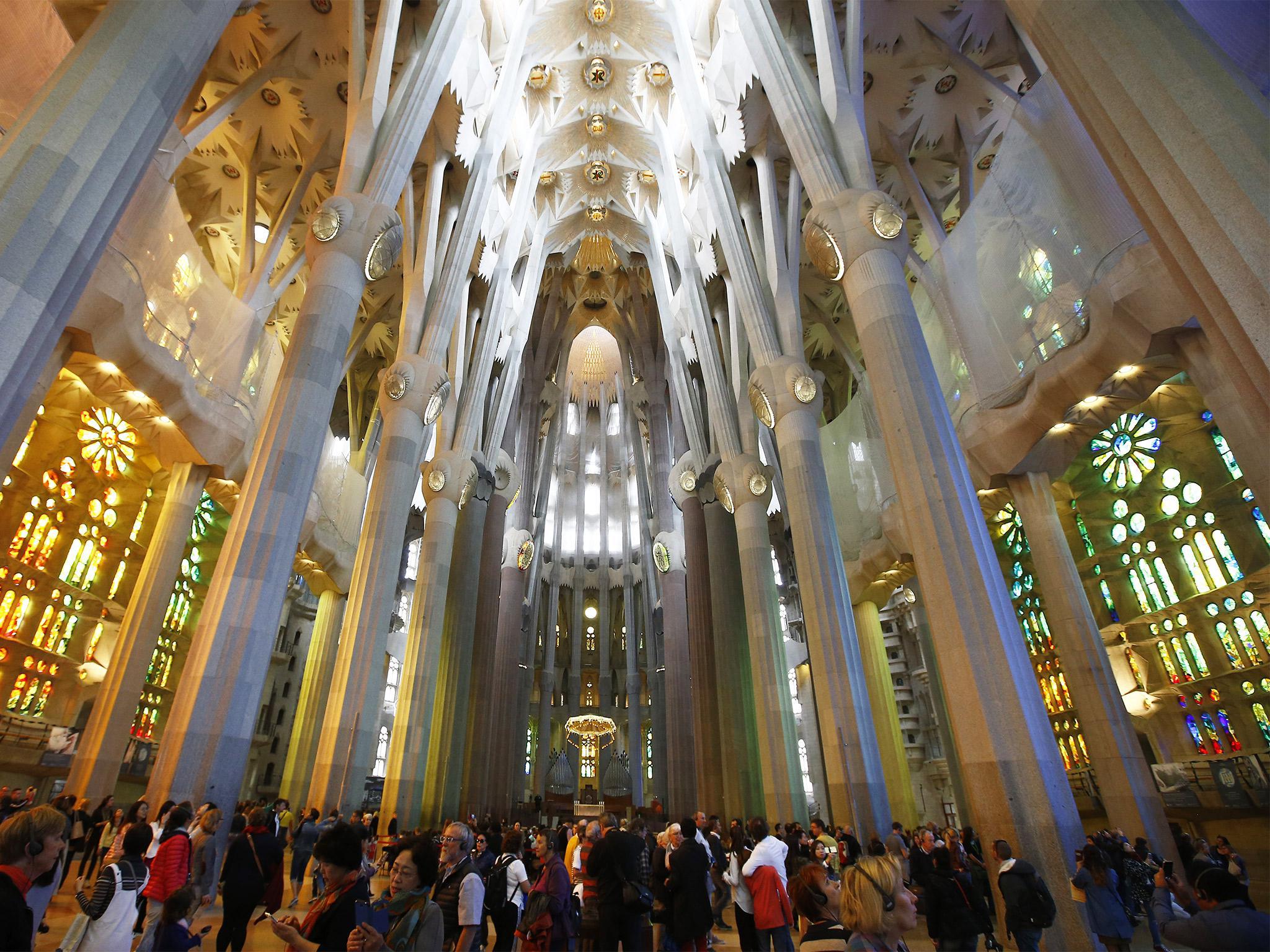
Should stock-market investors worry about the rise of the quants?
Published: May 23, two thousand seventeen Five:Ten p.m. ET
What happens if ‘too many funds use the same inputs and formulas?’
WilliamWatts
Quants are the rage right now on Wall Street.
The Wall Street Journal has chronicled the rise (subscription required) of algorithmic-focused hedge funds in a series of must-read stories this week. The newspaper notes that 27.1% of all stock market trading is now done by quant funds versus 13.6% in 2013.
The shift is making some observers jumpy. In a Tuesday post on his Wolf Street blog, Wolf Richter asks whether quant funds will trigger the next stock market crash.
Richter also notes the rise of “smart beta” exchange-traded funds and mutual funds, which are also a form of quant funds.
Algorithmic trading has been around for a long time. But keying in on some of the concerns highlighted in the Journal series, Richter ponders what might happen to the markets when “a few machines rather than millions of humans make more and more trading decisions” or when “too many funds use the same inputs and formulas by the same Ph.Ds from the same schools.”
Bloomberg, meantime, noted that subdued volatility is raising anxiety levels among analysts who fear quantitative managers may resort to enhanced leverage to juice comebacks. The fear is that any kind of market shock could then trigger a acute round of deleveraging.
The Journal recalled the two thousand seven “quant meltdown” that spotted firms rush to sell at the same time, creating a feedback loop. Richter worries that the herd mentality remains a danger. He writes:
It seems algos are programmed with a bias to buy. Individual stocks have risen to ludicrous levels that leave rational humans scraping their goes. But since everything always goes up, and even petite dips are big buying opportunities for these algos, machine learning instructs algos precisely that, and it becomes a self-propagating machine, until something trips a limit somewhere.
And abruptly things happen that weren’t part of the screenplay. To deal with it, the machines, perhaps in lockstep, revert to a part of the code that says “sell.” Plunging markets trigger more sell signals, and so on. And in this paroxysm of selling by the machines, there might not be enough human traders left—they’ve been sent to pasture years ago—to hop in and buy. Sure, it cannot happen, we’re told. Until it does happen.
